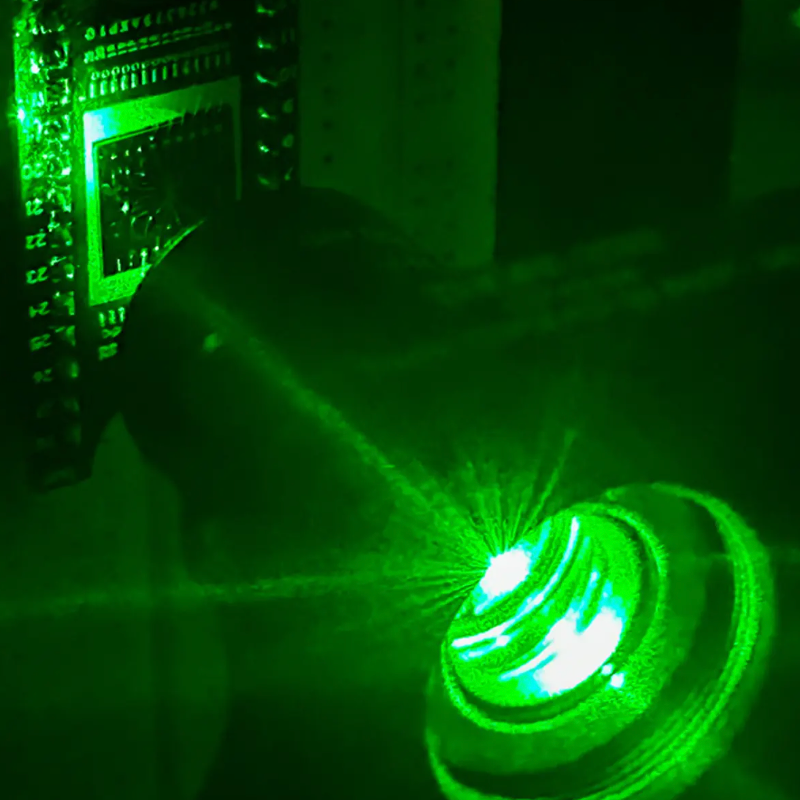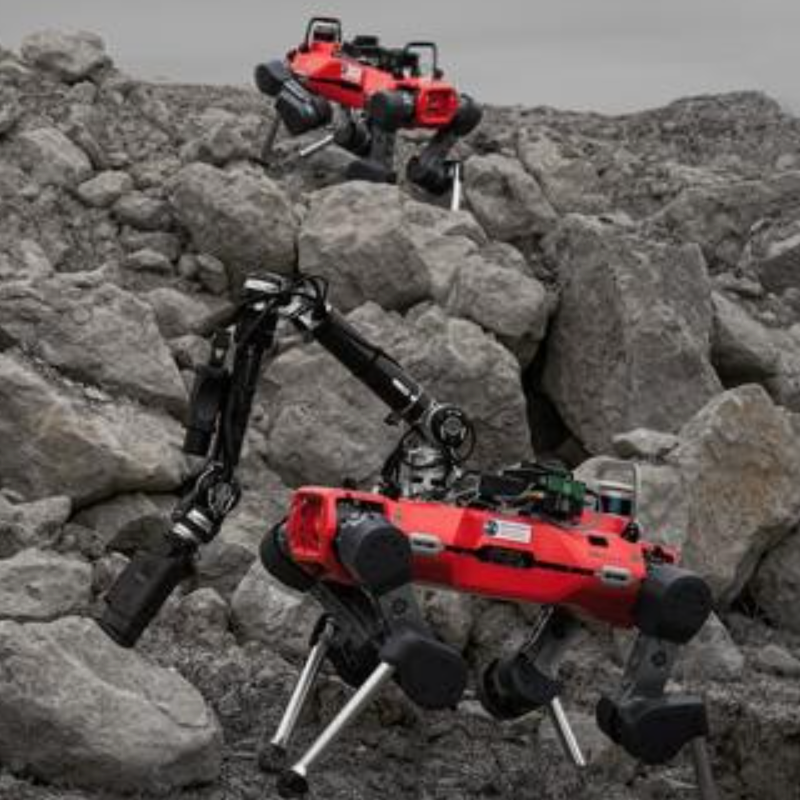How to identify hit songs with 97% accuracy, using machine learning
Jun. 21, 2023.
2 min. read
10 Interactions
"Neuroforecasting" applies machine learning to neurophysiologic data.
RELATED NEWS
Every day, tens of thousands of songs are released. This constant stream of options makes it difficult for streaming services and radio stations to choose which songs to add to playlists, says Paul Zak, a professor at Claremont Graduate University.
Zak is senior author of a study published in Frontiers in Artificial Intelligence, where he offers a solution: “neuroforecasting”—applying machine learning to neurophysiologic data.
Neural data
In the study, participants listened to a set of 24 songs, and were asked about their preferences and some demographic data.
During the experiment, the scientists measured participants’ neurophysiologic responses to the song. A wearable watch provided heart rate data, which was used to infer neural states from activity of the cranial nerves (based on downstream effects of dopamine and oxytocin), as noted in JeŽová et al., 1985; Zak, 2012; Barraza et al., 2015.
Machine learning
“The brain signals we’ve collected reflect activity of a brain network associated with mood and energy levels,” Zak said. This allowed the researchers to predict market outcomes, including the number of streams of a song.
The researchers found that a linear statistical model identified hit songs at a success rate of 69%. But when they applied machine learning to the data they collected, the rate of correctly identified hit songs jumped to 97%.
“That the neural activity of 33 people can predict if millions of others listened to new songs is quite amazing. Nothing close to this accuracy has ever been shown before,” Zak said.
“If in the future, wearable neuroscience technologies, like the ones we used for this study, become commonplace, the right entertainment could be sent to audiences based on their neurophysiology, ” Zak said.
But the researchers pointed to some limitations. For example, they used relatively few songs in their analysis. And the demographics of the study participants did not include members of “certain ethnic and age groups.”
Citation: Merritt, S. H., Gaffuri, K., & Zak, P. J. (2023). Accurately predicting hit songs using neurophysiology and machine learning. Frontiers in Artificial Intelligence, 6, 1154663. https://doi.org/10.3389/frai.2023.1154663 (open-access)
Let us know your thoughts! Sign up for a Mindplex account now, join our Telegram, or follow us on Twitter.

.png)

.png)


.png)










2 Comments
2 thoughts on “How to identify hit songs with 97% accuracy, using machine learning”
🟨 😴 😡 ❌ 🤮 💩
🟨 😴 😡 ❌ 🤮 💩